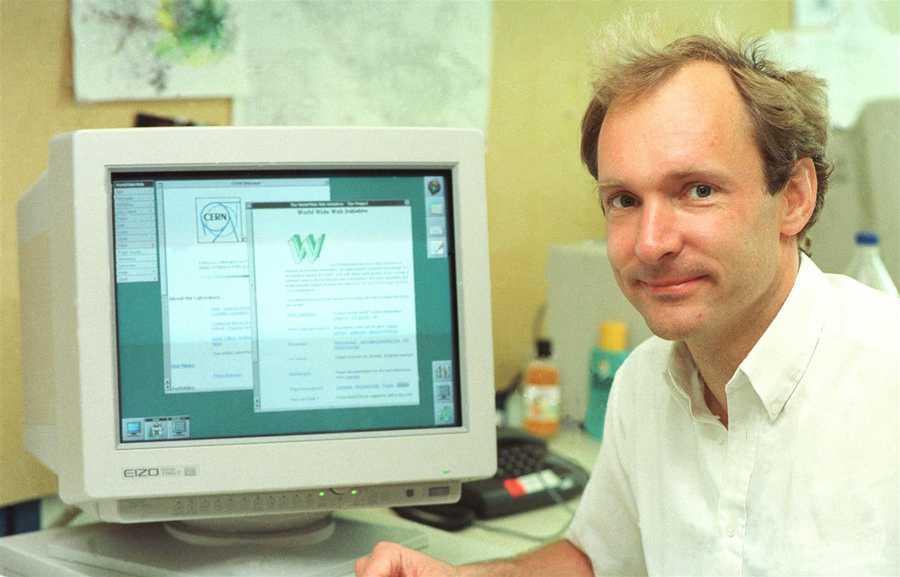The first web address
An interface was provided to encourage the adoption of the WWW and applied to CERN's computer centre documentation and its help service.
The world's first website was Infor.cern.ch, and the first web page address was http://info.cern.ch/hypertext/WWW/TheProject.html.
It focused on information regarding the WWW project, teaching about hypertext, technical know-how for creating a webpage, and instructions on how to search the web for information.
10
69 reads
CURATED FROM
IDEAS CURATED BY
The idea is part of this collection:
Learn more about technologyandthefuture with this collection
The importance of networking in podcasting
How to grow your podcast audience
How to monetize your podcast
Related collections
Similar ideas to The first web address
World Wide Web invented
In 1989, British scientist at CERN Tim Berners-Lee invented the World Wide Web (WWW). He developed it to enable the automatic sharing of information between scientists in universities and other global institutes.
The idea was to combine the technologies of personal computers, computer netw...
How The Web Was Born
As a child, Tim Berners-Lee read a Victorian-era how-to book and was fascinated by the “portal of information” he had found.
Working as a consultant at the Swiss CERN laboratory and partially inspired by the book, he tinkered with a side-project which allow him to store and connect chunks ...
Overcoming the planning fallacy
Ignore what you want to be true. Instead, use past experience to build a schedule.
In an experiment, two groups of students had to complete a one-hour computer tutorial. The students had to predict when they would finish the assignment. One group of students were promp...
Read & Learn
20x Faster
without
deepstash
with
deepstash
with
deepstash
Personalized microlearning
—
100+ Learning Journeys
—
Access to 200,000+ ideas
—
Access to the mobile app
—
Unlimited idea saving
—
—
Unlimited history
—
—
Unlimited listening to ideas
—
—
Downloading & offline access
—
—
Supercharge your mind with one idea per day
Enter your email and spend 1 minute every day to learn something new.
I agree to receive email updates

